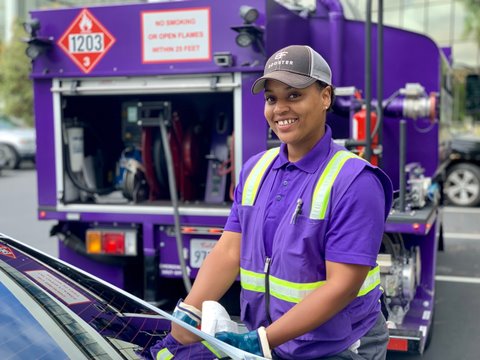
Booster®, the leading tech-driven mobile energy delivery company, announces that it is expanding services across the United States with several new market launches.
The company recently launched in three new markets — Portland, Oregon; Philadelphia; and Boston — and will be in a fourth, Phoenix, in October. Booster continues to scale up operations and expand its serviceable range to meet growing demand from large-scale enterprise customers such as Amazon and UPS, which continue to see unprecedented growth.
“We are thrilled to establish a coast-to-coast presence and launch operations in these four new markets,” said Frank Mycroft, Booster co-founder and CEO. “Given the shifts in the global energy landscape — rising fuel costs, growing challenges and delays around wide-scale electrification, concerns about supply chain disruption — enterprise customers are increasingly looking for reliable energy delivery who can help reduce these pain points.
Energy-as-a-service will become even more critical as we navigate these ongoing challenges.”
The new markets enable Booster to deliver tens of millions of gallons of fuel, with plans to increase growth and volume in Philadelphia, Boston, and Phoenix by the end of the year.
“We expect to see accelerated growth across these markets, with several new market launches planned for 2023,” said Amy O’Neil, Booster chief operating officer. “None of this growth would be possible without the commitment of our customers, and the dedication and collaboration of our partners to further expand the Booster network.
We are thrilled to help our customers optimize their fleet operations to best serve their customers by maximizing their vehicle and human capital assets.”
Booster advocates for legislation permitting mobile fueling at the state level, and works closely with policymakers and local regulators to pass mobile fueling permits and ordinances as demand for the service expands.
In total, Booster has received permits to operate in more than 50 cities and counties across the United States while exceeding requirements for environmental quality and safety.